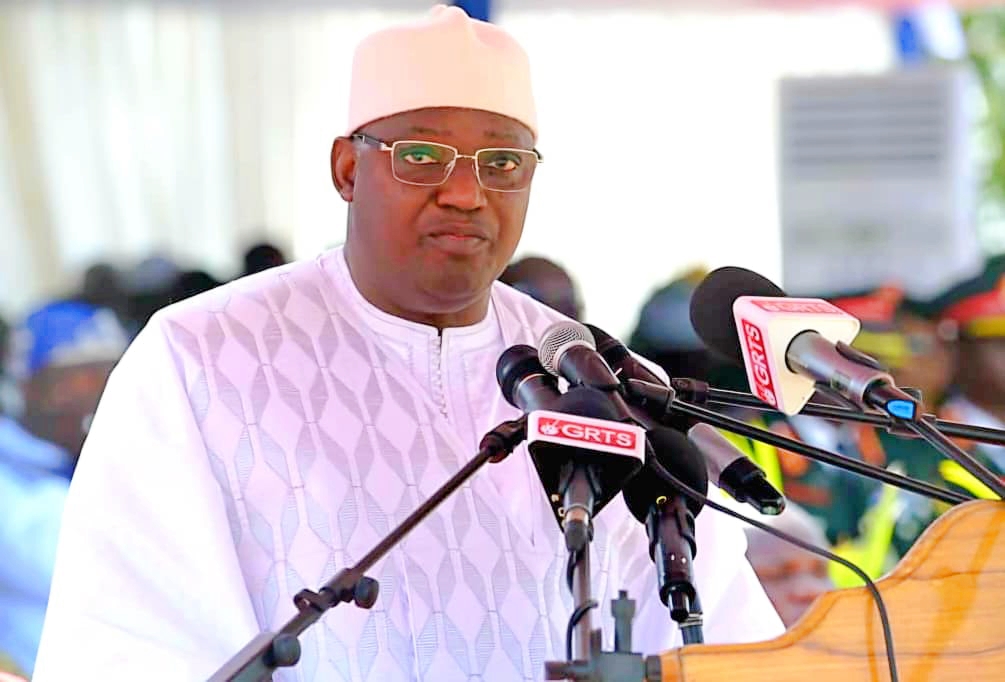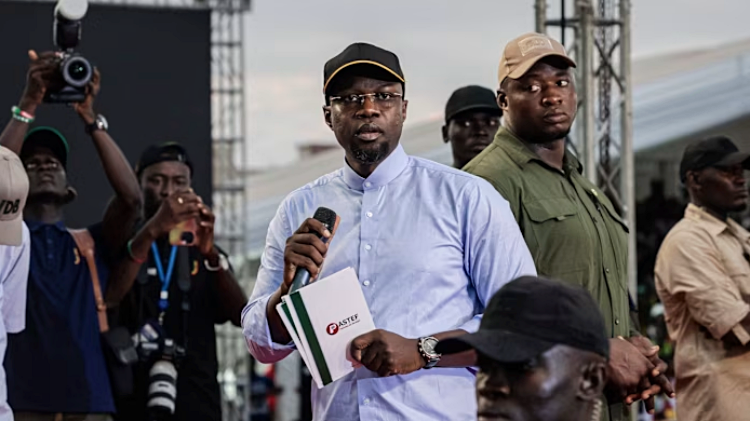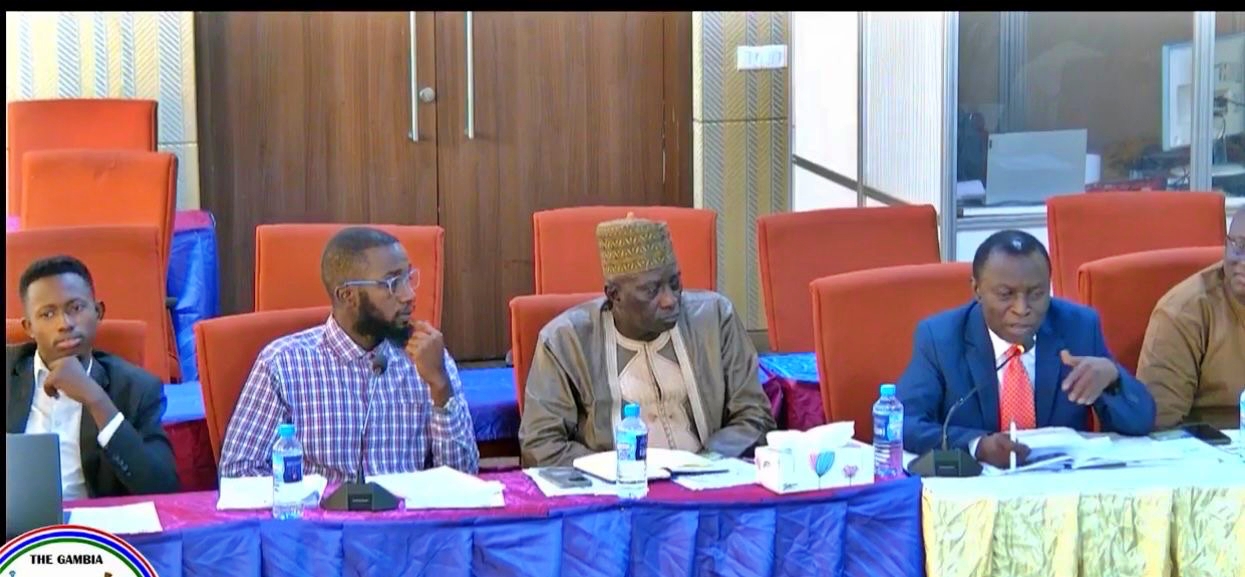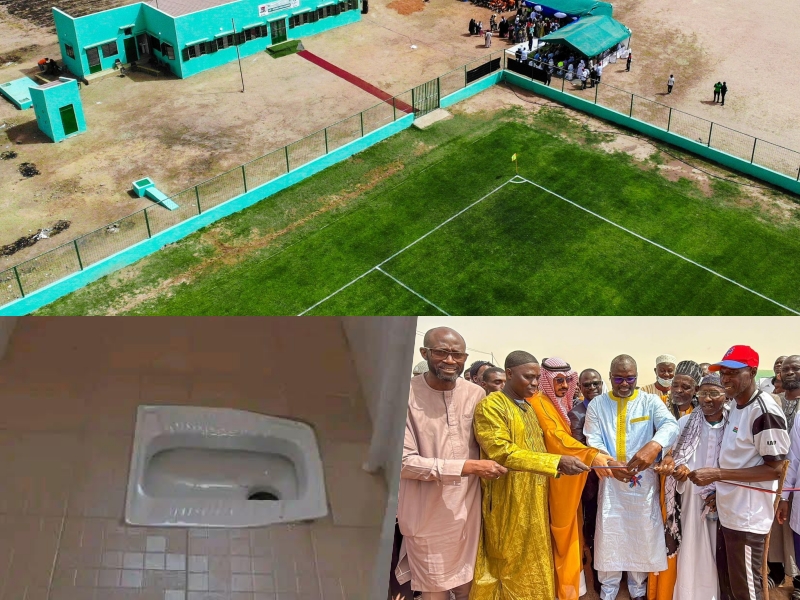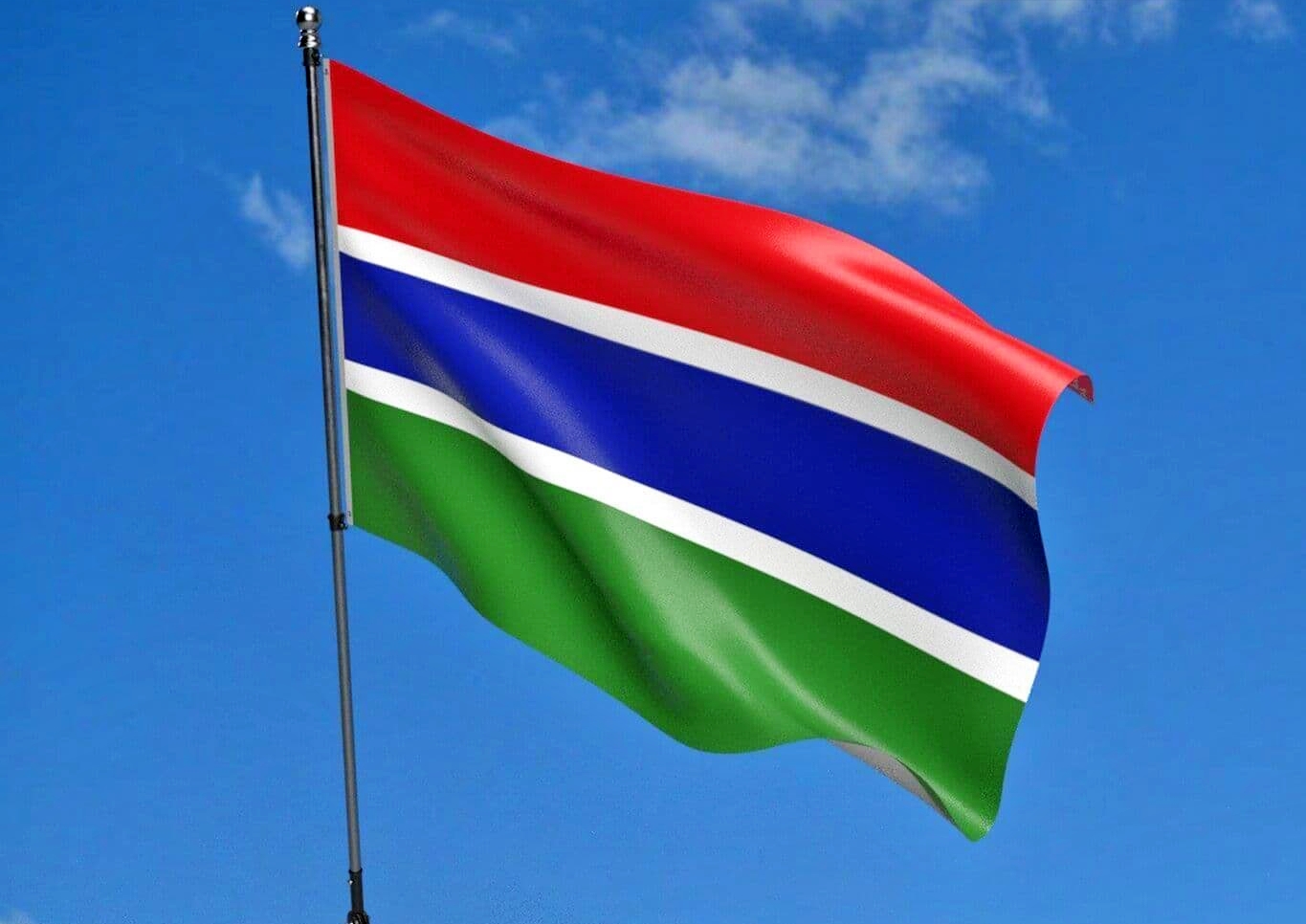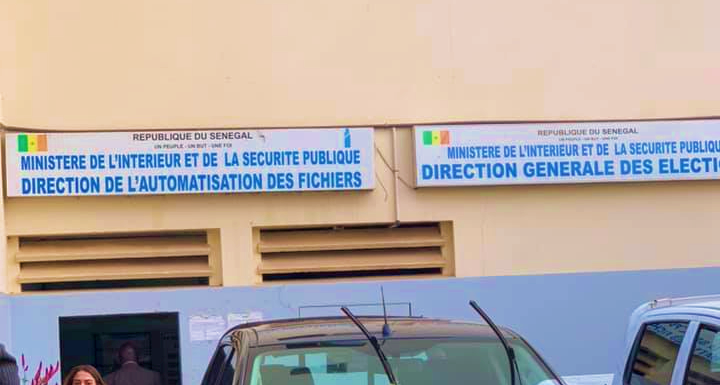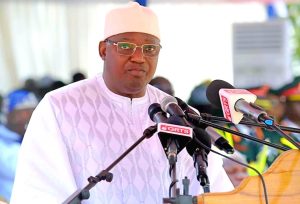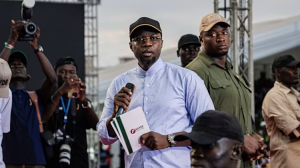Gambiaj.com – (DAKAR, Senegal) – The submission of candidacy files for Senegal’s upcoming legislative elections, set for November 17, closed on Sunday evening. Despite discussions held on Saturday, September 28, aimed at extending the deadline for submissions from 72 hours to a week, no extension was granted. The Ministry of the Interior, responsible for overseeing the election process, cited “technical reasons” for refusing the proposed prolongation.
This phase of the electoral process has been marked by shifting alliances and reunions, signaling a potential realignment of Senegal’s political landscape. These changes follow the March presidential election victory of Bassirou Diomaye Faye, prompting different political factions to vie for control of the National Assembly.
Tensions within the opposition coalition Yewwi Askan Wi have led to fractures, while leftist parties and members of the liberal political family remain on the sidelines, poised to challenge Pastef for dominance in the legislature.
The Pastef party has confirmed that Prime Minister Ousmane Sonko will be at the helm of their list, positioning him as a central figure in this hotly contested race.
Sonko, who finished second in the presidential election, will face several heavyweight contenders from the opposition, including Amadou Ba, who leads the “Jamm Ak Njarin” coalition.
This broad coalition includes the Socialist Party (PS), the Alliance of Forces for Progress (AFP) led by retired Speaker Moustapha Niasse, and around 30 left-wing parties, including the Democratic League (LD) of Abdoulaye Bathily and the Party of Independence and Labour (PIT).
Their goal is to secure enough votes to force a cohabitation government, compelling President Bassirou Diomaye Faye to share power.
One of the most anticipated battles in the upcoming elections is between Ousmane Sonko and Barthélémy Dias. Dias leads the “Samm Sa Kaadou” coalition, which brings together various political factions, including Taxawu Sénégal of Khalifa Sall, the Party of Unity and Rally (PUR) of Serigne Moustapha Sy, and several others, including the movements of prominent political figures like Déthié Fall, Bougane Gueye Dany, and Pape Djibril Fall.
As the political stage is set, the legislative elections promise to be a defining moment in Senegalese politics, with these key figures and their coalitions vying for dominance in a rapidly evolving political environment.



